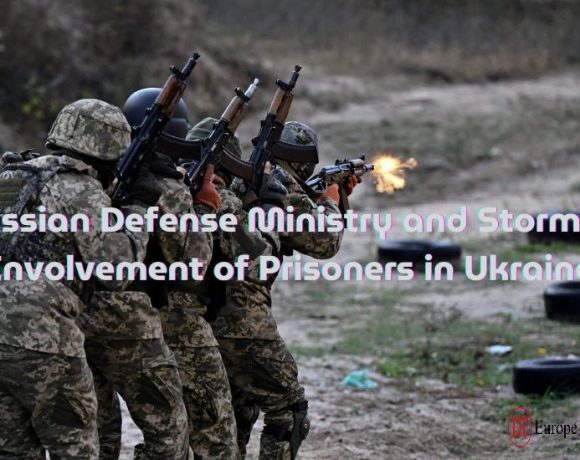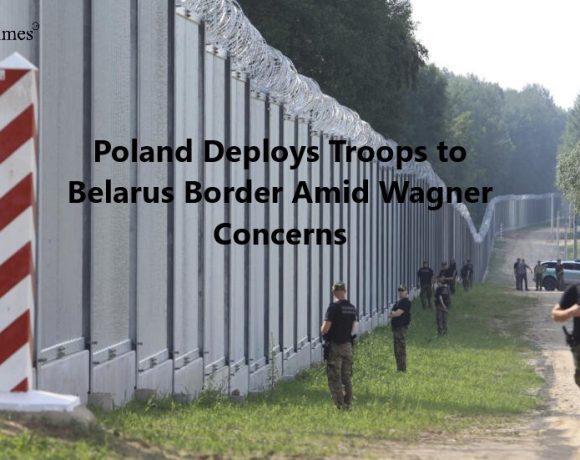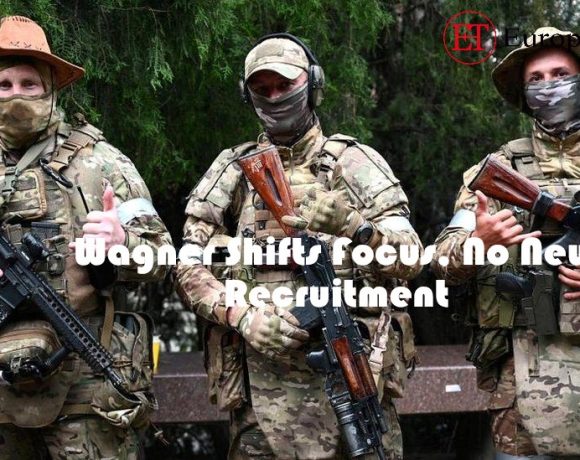
The Russian defense ministry has reportedly taken over the practice of recruiting prisoners to fight in Ukraine, assuming the role previously held by the Wagner mercenary group. These units are informally known as Storm-Z, with the letter Z symbolizing Vladimir Putin’s “special military operation” against Ukraine and referencing the Russian word “zek” for “inmate.” Similar to Wagner’s prisoner units, Storm-Z detachments are allegedly treated as expendable forces, with little regard for the well-being of their soldiers.
There are suggestions that members of other army units may be sent to Storm-Z detachments as punishment for infractions such as insubordination or drunkenness. Last year, Wagner’s leader, Yevgeny Prigozhin, known as “Putin’s chef,” was permitted to recruit from prisons after significant Russian troop casualties in Ukraine. He promised inmates their freedom and expungement of their convictions after six months of service if they survived.
However, Prigozhin later publicly criticized Russia’s top military officials and died in a plane crash along with Wagner’s other commanders. The group has since disappeared from the Ukrainian battlefield, with reports indicating that the defense ministry has taken over the recruitment of inmates for the conflict.
One former Storm-Z member revealed that recruits were promised substantial payments but were sent into battle unprepared and unaware of the true situation on the front line. The Russian military has neither confirmed nor denied the use of convicts in its units, but there are multiple accounts of prisoners being sent to Storm-Z units. These accounts include a confession from the governor of Sevastopol and an interview with a convicted murderer now serving in the Russian military.
The defense ministry in Moscow acknowledged the existence of “storm units” without divulging the identity of their members. These units are tasked with breaking through intricate layers of Ukrainian defenses and are reportedly deployed without due consideration for their survival. A regular soldier who fought alongside Storm-Z members referred to them as mere “meat,” while reports suggest that soldiers from other units can be sent to Storm-Z as a form of punishment.
Picture Courtesy: Google/images are subject to copyright


